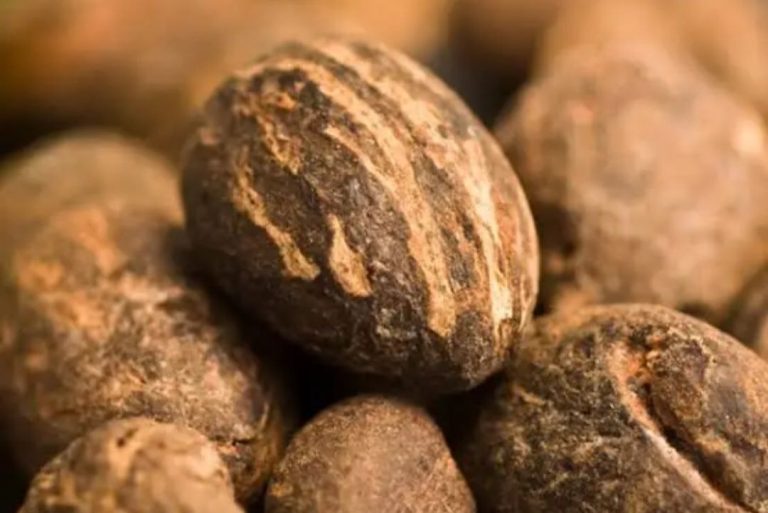Ghana will begin a phased ban on the export of raw shea nuts by 2026 as part of a national strategy to promote local value addition and strengthen the country’s agribusiness sector. Dr. Peter Boamah Otokunor, Director of Presidential Initiatives on Agriculture and Agribusiness, made the announcement at the launch of the 2025 World Shea Expo in Tamale on Wednesday.
According to Dr. Otokunor, the new policy aims to protect the local shea industry, encourage domestic processing, and create sustainable jobs, especially for women who dominate the shea value chain in northern Ghana.
“Exporting raw shea is like exporting potential jobs and wealth,” he said. “This phased ban will ensure that Ghana processes more of its own shea to maximize income, improve livelihoods, and increase the country’s share in the global shea products market.”
He explained that the government will work closely with processors, aggregators, and smallholder farmers to ensure a smooth transition and avoid disruptions to livelihoods. Technical support and financing options will also be made available to help local industries scale up.
Ghana ranks among the world’s top shea-producing countries, yet a significant portion of its harvest is exported in raw form to international markets, especially Europe and Asia. Industry experts have long called for reforms to retain more value within the country.
The upcoming ban is part of broader efforts under the government’s agribusiness transformation agenda, focused on industrializing key agricultural value chains.

